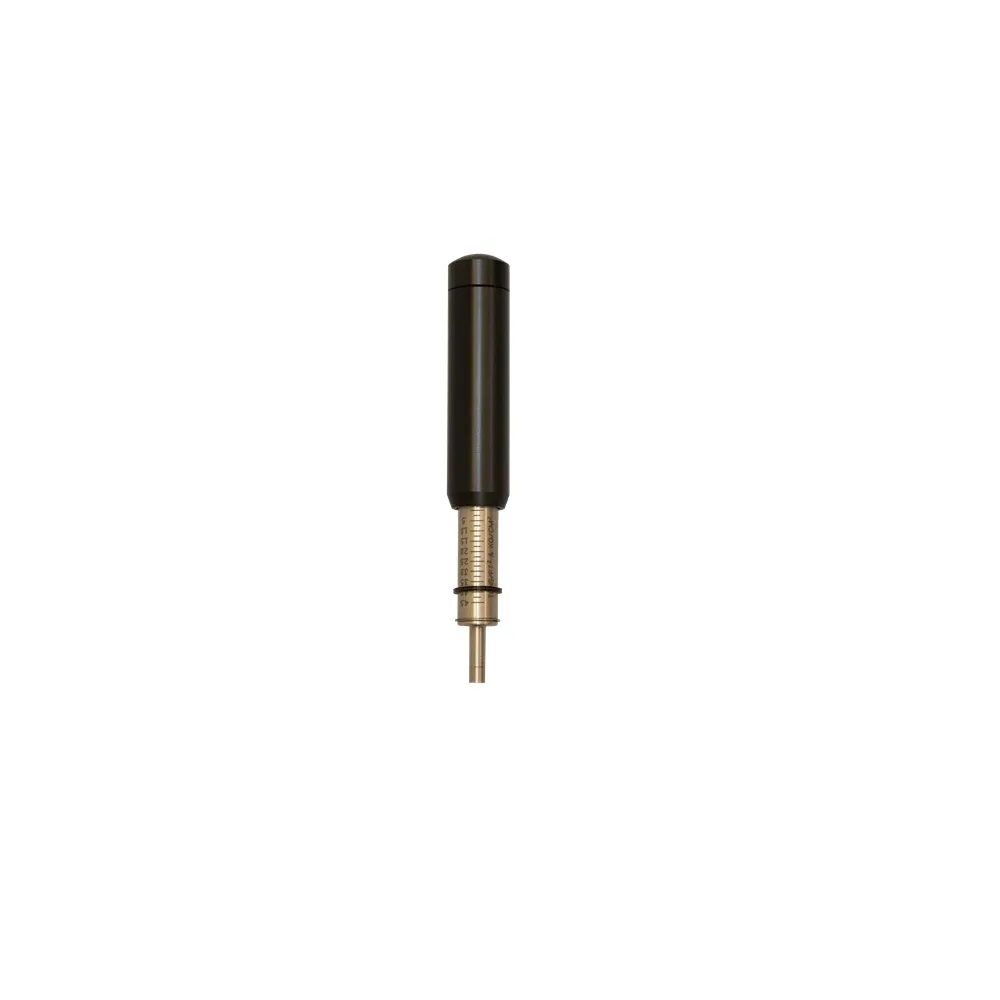Penetrometer – Accurate Soil and Material Penetration Testing
Penetrometer Eijkelkamp 0603 is a vital testing instrument used to determine the resistance of soil, asphalt, or other materials to penetration. Widely used in geotechnical engineering, construction, agriculture, and material testing, penetrometers help professionals evaluate soil strength, compaction, and consistency, which are crucial for safe and efficient project planning.
Whether you are testing the load-bearing capacity of soil for construction or measuring the hardness of food products, a penetrometer delivers precise, reliable results for scientific and industrial applications.
What Is a Penetrometer?
A penetrometer measures the resistance a material offers to penetration under a defined load. By applying pressure using a standardized probe or cone, the device evaluates material firmness, density, or moisture-related properties.
Penetrometers come in several types, each designed for specific testing needs:
-
Soil Penetrometer – Measures soil compaction and load-bearing capacity.
-
Cone Penetrometer – Widely used in geotechnical field testing for soil consistency.
-
Dynamic Penetrometer – Assesses in-situ soil strength by driving a cone using repeated blows.
-
Pocket Penetrometer – A compact, portable version for quick field assessments.
-
Food Penetrometer – Evaluates the firmness of fruits, vegetables, and gels.
Why Use a Penetrometer?
-
✅ Accurate Soil Analysis – Determine load-bearing capacity for construction or agriculture.
-
✅ Time-Saving Field Testing – Portable models provide instant readings on-site.
-
✅ Versatility – Suitable for soil, asphalt, concrete, and even food applications.
-
✅ Improves Safety and Efficiency – Ensures foundation stability before building.
-
✅ Data for Decision-Making – Supports engineering design and agricultural planning.
How a Penetrometer Works
-
Probe Insertion – A standardized cone or needle penetrates the material.
-
Force Application – A load, either static or dynamic, is applied to the probe.
-
Depth or Resistance Measurement – The device records how far the probe sinks or the force required to penetrate.
-
Result Interpretation – Resistance values are used to assess material hardness, density, or strength.
Key Features of Modern Penetrometers
| Feature | Description |
|---|---|
| Range of Probes | Interchangeable for soils, asphalt, or food testing. |
| Digital or Analog Models | Digital offers higher accuracy and easy data logging. |
| Portable Designs | Lightweight and field-ready for on-site measurements. |
| High-Precision Sensors | Ensure accurate penetration resistance readings. |
| Durable Construction | Stainless steel or hardened alloys for longevity. |
| Data Logging & Connectivity | Advanced models support USB/Bluetooth transfer. |
Applications of Penetrometers
| Industry/Field | Application Example | Purpose |
|---|---|---|
| Geotechnical Engineering | Soil load testing for foundations | Determine safe construction capacity |
| Agriculture | Soil compaction analysis for crop growth | Optimize irrigation and root aeration |
| Road Construction | Asphalt and subgrade penetration testing | Ensure pavement durability |
| Food Industry | Testing fruit and vegetable firmness | Quality control and ripeness analysis |
| Research & Education | Material and soil behavior studies | Academic experiments and field trials |
Benefits of Using a Penetrometer
-
🌱 Improves Agricultural Yield – Helps plan optimal soil management.
-
🏗 Enhances Construction Safety – Identifies weak soils before building.
-
⏱ Quick Field Measurements – Get real-time results without lab delays.
-
📊 Data-Driven Decision Making – Supports engineering and research conclusions.
-
⚙️ Versatile Use Cases – From civil engineering to food quality testing.
Choosing the Right Penetrometer
-
Type of Material Tested – Soil, asphalt, or food? Choose the right probe.
-
Measurement Range – Ensure it covers the expected penetration resistance.
-
Portability vs. Lab Use – Field units are lightweight; lab units offer higher precision.
-
Digital or Manual – Digital units provide faster and more accurate readings.
-
Data Management – Consider devices with storage or wireless transfer for reports.
Summary
A penetrometer is an indispensable tool for evaluating material firmness, soil compaction, and penetration resistance. From agriculture to construction and research, it provides actionable data that improves safety, productivity, and quality control. By selecting the right penetrometer, professionals can make informed decisions, reduce risks, and ensure project success.





Reviews
There are no reviews yet.